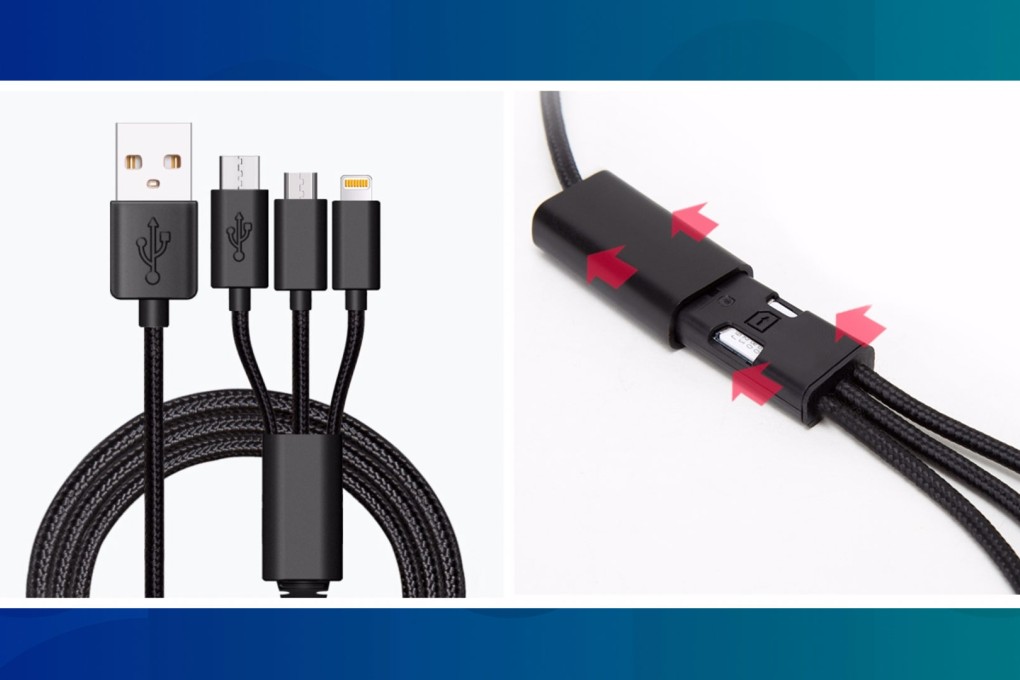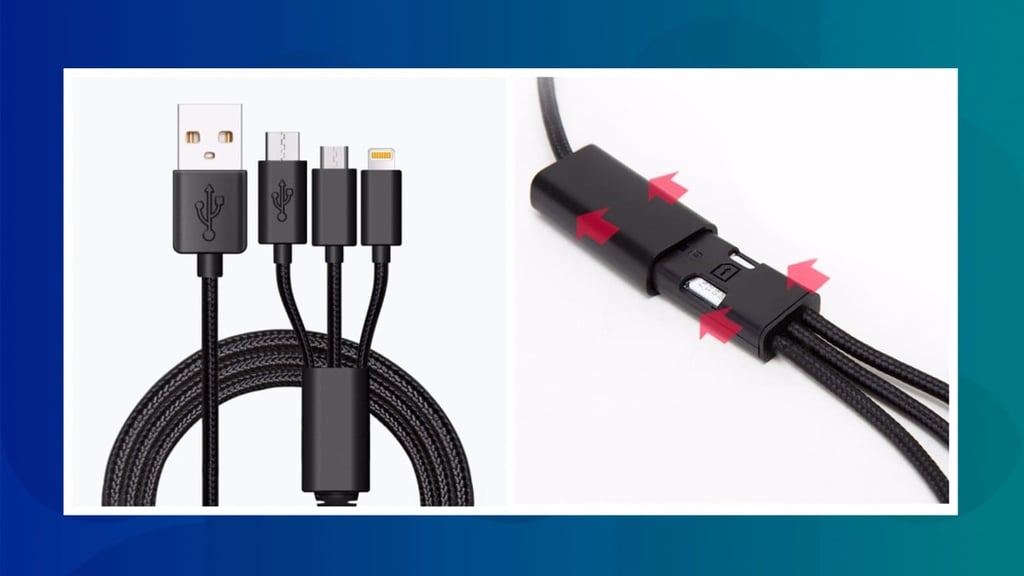Tiny spy gear that fits in a USB cable widely available in China
Cheating husband? Want to see if your kids are safe? Surveillance gear is cheap and easy to find

When Mr. and Ms. Li moved in a shared apartment room in Beijing at the beginning of the year, they didn’t expect that nearly six months later they’d discover a tiny camera hidden in their electricity socket. According to media, the camera was installed with a view of their bed, was equipped with a 16GB memory card, and could transmit videos through Wi-Fi.
Three months after the device was discovered, neither the police nor the rental agency Ziroom (backed by Tencent) have figured out who put it there -- or where it came from. The reason is simple: there are literally hundreds of spy cameras available on ecommerce platforms in China. Other spy equipment can be bought too, including GPS trackers and voice recorders hidden in inconspicuous objects.
Online sellers advertise the spy hardware as a convenient way to safeguard your property and uncover cheating partners.
